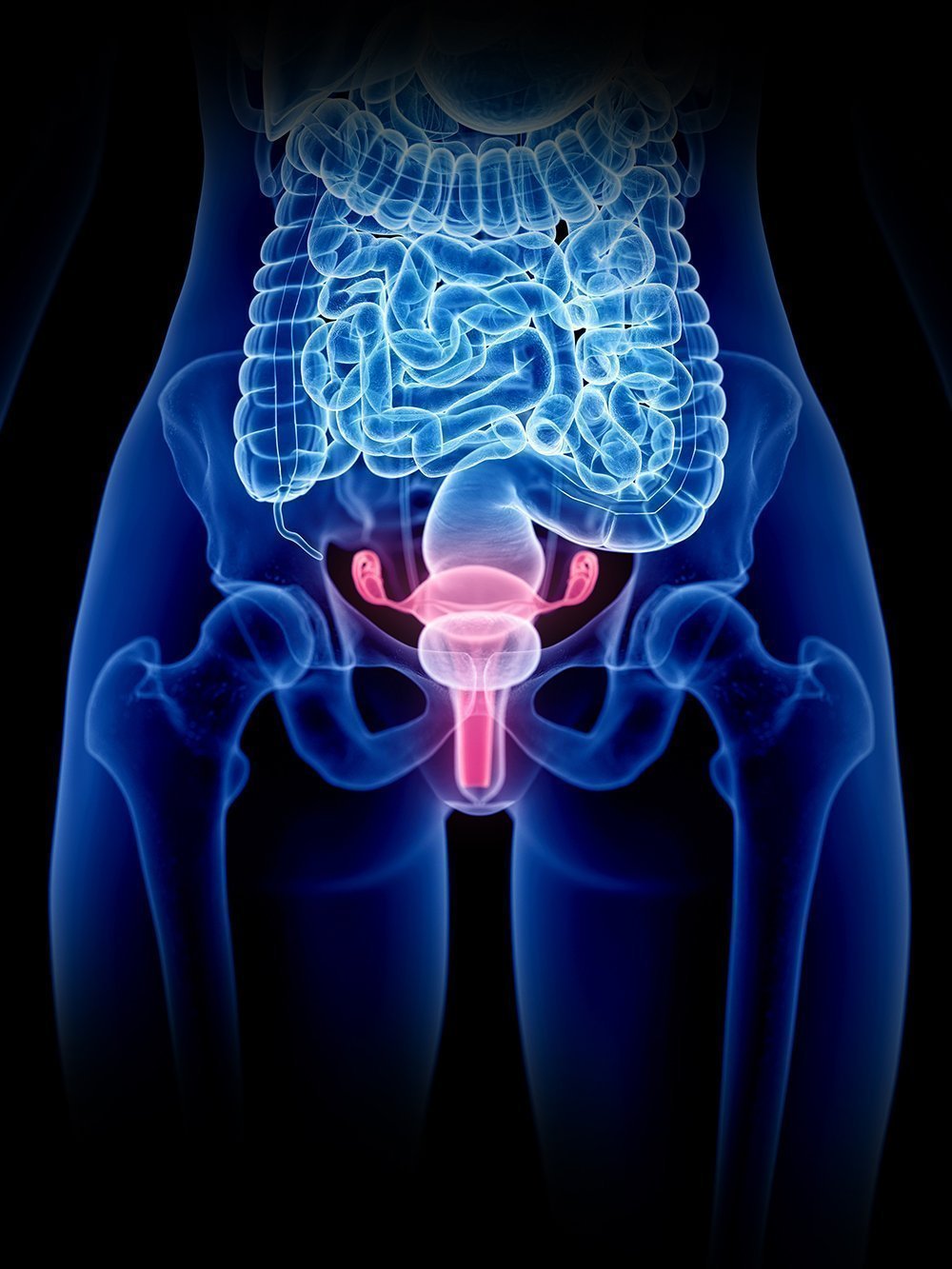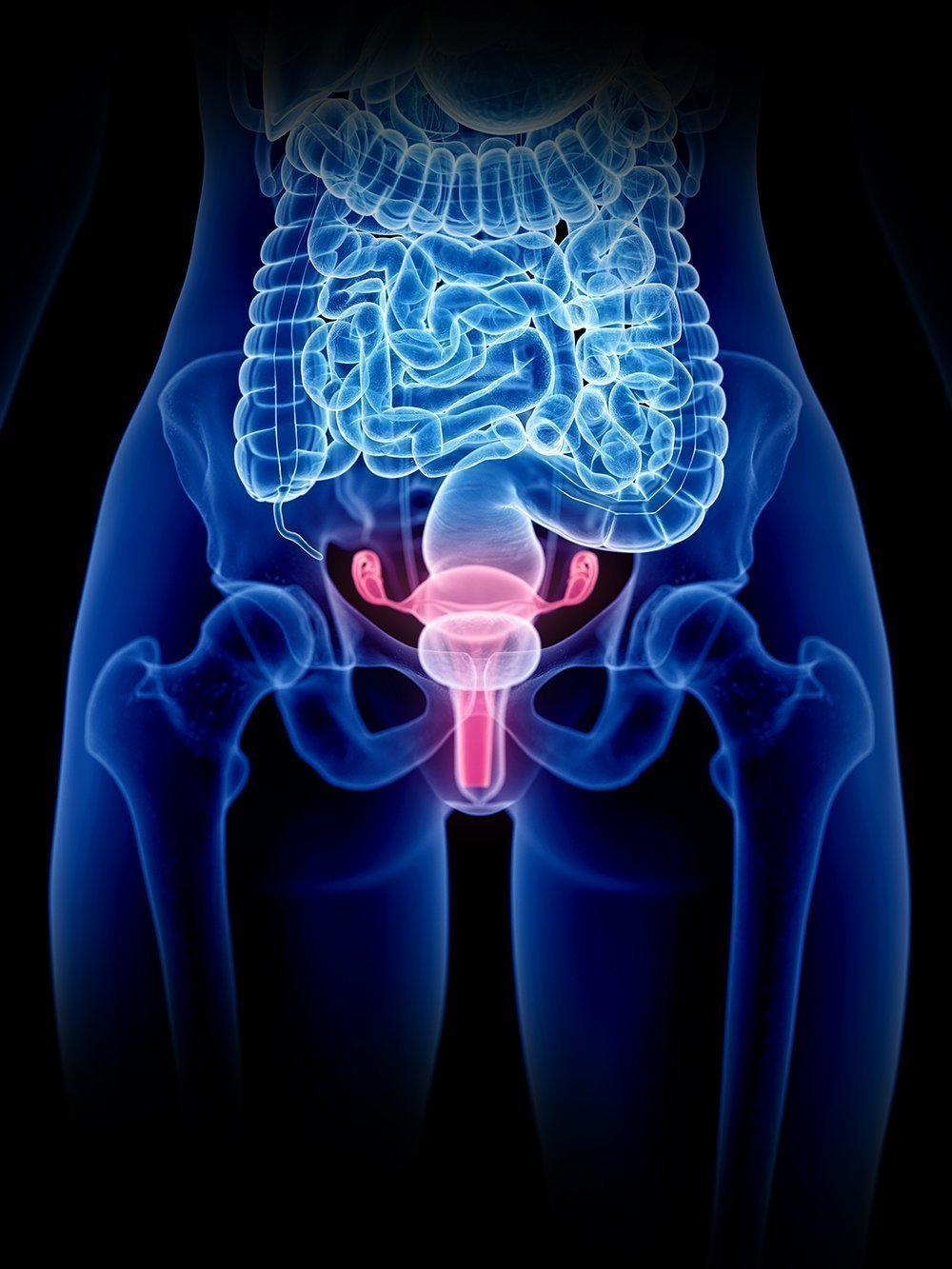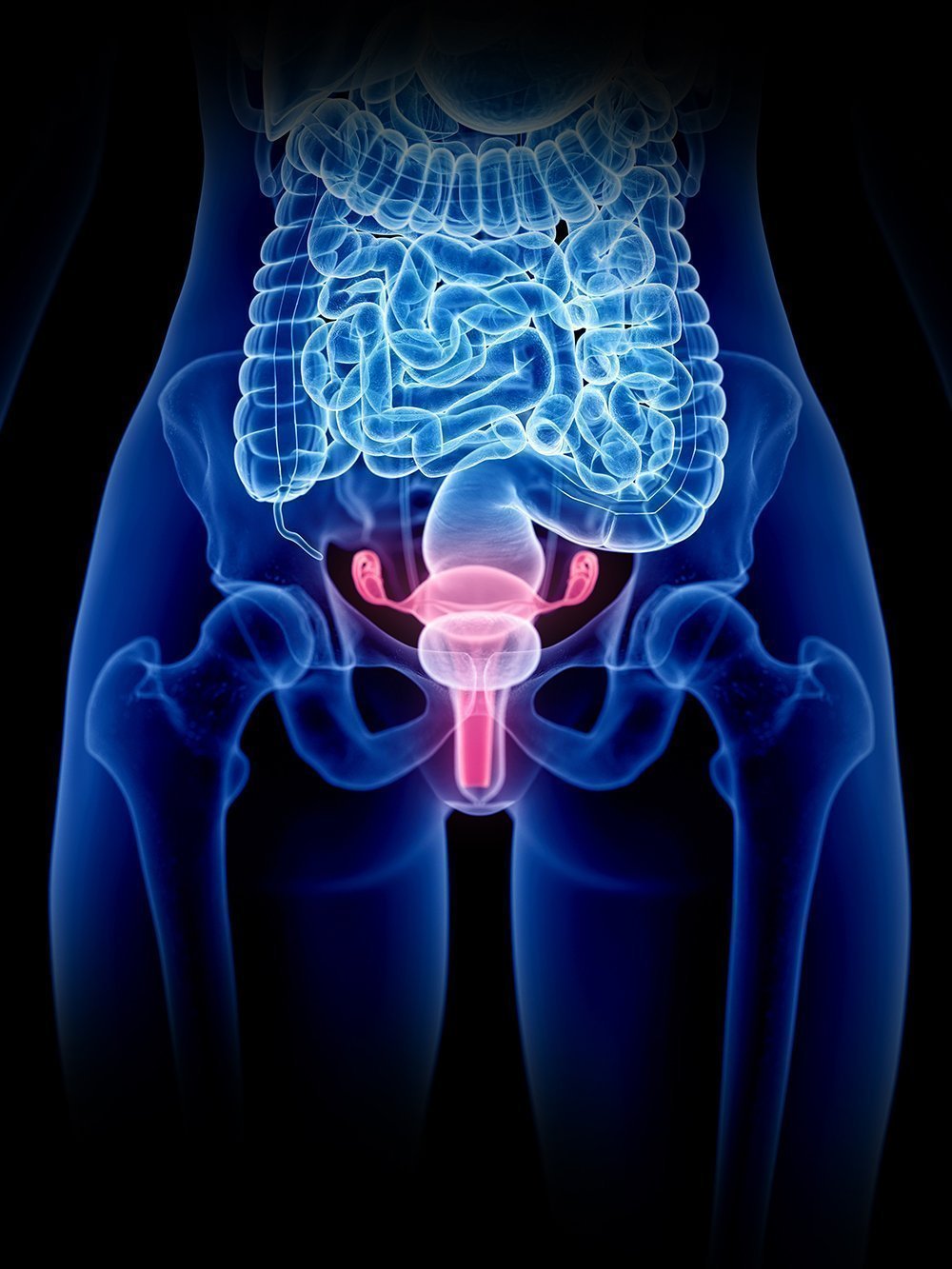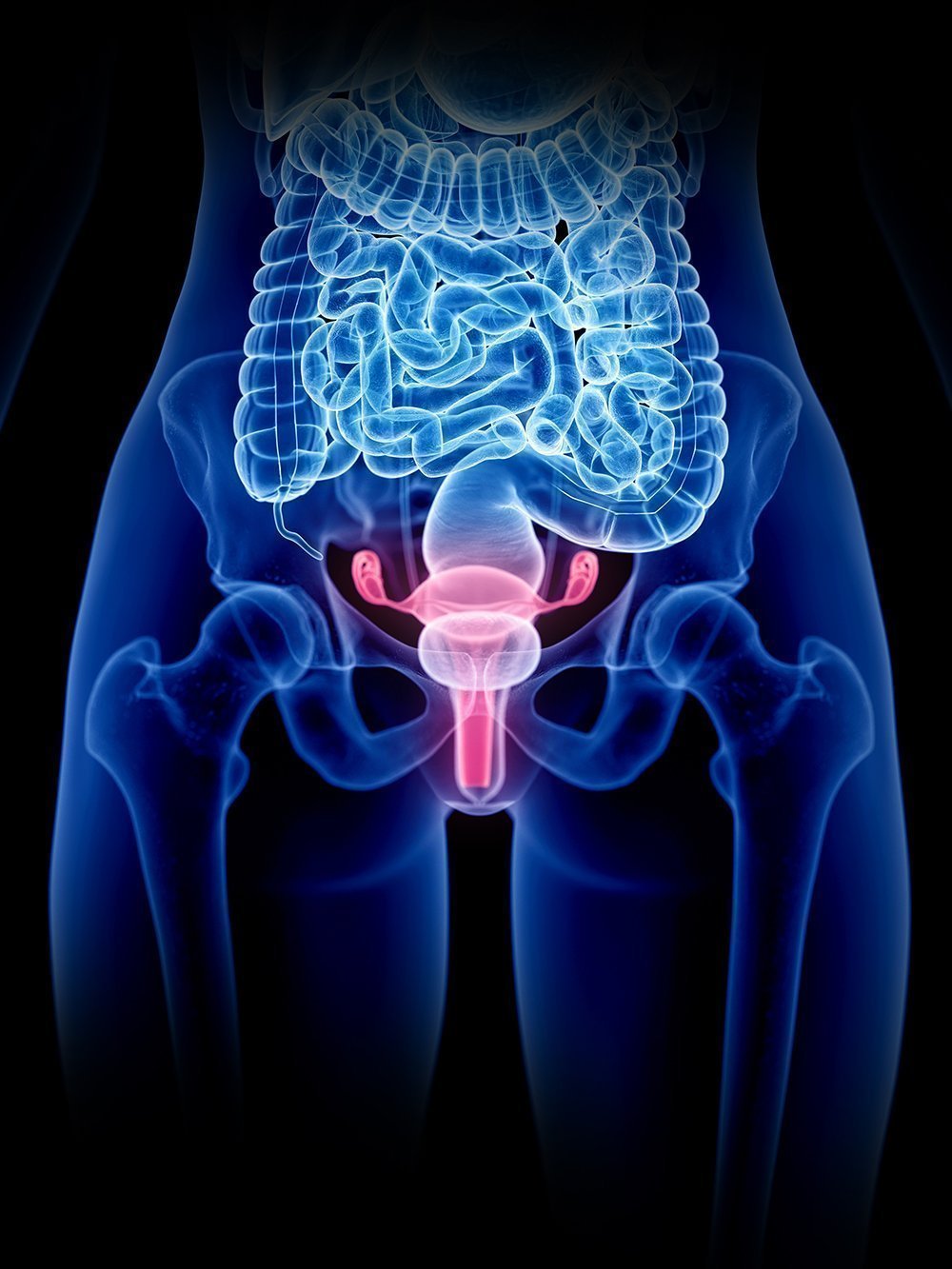Gynecology
Gynecologic surgery covers conditions of the internal female reproductive system, such as the vagina, the uterus (womb), ovaries, cervix and the fallopian tubes. Gynecologic conditions including severe pelvic pain, cancer, fibroids, abnormal bleeding, endometriosis and pelvic organ prolapse are common and in many cases, when treatment doesn’t ease the symptoms, surgery may be advised.
Breast Cancer


Understanding the Problem:
Breast cancer refers to an abnormal growth in cells of the breasts. This type of cancer is the second most common cancer diagnosed in women, but it may also occur in men too. Even though, substantial support for breast cancer awareness and research funding has helped created advances in the diagnosis and treatment of breast cancer, this type of cancer can be fatal if left untreated.
Signs & Symptoms:
- A lump on the breast
- Unfamiliar thickening of breast tissues
- Change in the size, shape or appearance of a breast
- Changes to the skin of the breast
- A newly inverted nipple
- Peeling, crusting or flaking of the breast skin
- Redness of the skin over your breast
Examinations Required:
- Breast exam - a doctor will check and feel for any lumps or other abnormalities
- Mammogram - Breast X-ray
- Ultrasound
- Biopsy - Removing a sample of breast cells for testing
- MRI for Breast - generate images of the breast interior
Vaginal Cancer


Understanding the problem:
Gynecologic Cancers can occur anywhere in the female reproductive system. This consists of the vagina, uterus, fallopian tubes and ovaries, with the most common Gynecologic cancers being cervical, endometrial (uterine) and ovarian. Each gynecologic cancer is unique and presents diverse signs and symptoms, henceforth making it very important to get regular gynecologic checks.
Signs & Symptoms:
- Pelvic pain or Pressure
- Itching or burning of the vulva
- Rash, Sores, Warts, Ulcers
- Increased Urination
- Constipation or Diarrhea
- Bloating
- Pain in the back or stomach
- Abnormal vaginal bleeding (often after sex)
- Irregular vaginal discharge
- Discomfort during sex
Examinations Required
- Medical history evaluation
- Pelvic Exam
- Lab tests - to check for potential infections
- Ultrasound - detect potential irregular masses or cysts in the ovaries, uterus or fallopian tubes
- CT Scan / MRI - pinpoint abnormal structures or growths
- Pap Test
- Vaginal Biopsy - Removing a sample of vaginal tissue for testing
- HPV Tests
- Colposcopy - inspecting the vagina with a magnifying instrument
If any of these tests suggest Gynecologic Cancer, and treatment doesn’t subside the symptoms, Minimally Invasive Robotic Surgery may be advised.
Pelvic Organ Prolapse


Understanding the problem:
Pelvic organ prolapse refers to a condition where the organs of the pelvis, slide down from their normal position and bulge into the vagina. This may occur due to the pelvic floor muscles - the muscles and tissues that support the pelvic organs, are weakened and cannot hold the organs firmly in place. These organs usually include the uterus, bowel, bladder or the top of the vagina. This condition is presented in three forms: anterior, uterine and posterior wall prolapse, and it’s possible to suffer from more than one of these at the same time. The cause of pelvic organ prolapse originates from a number of reasons such as childbirth, getting older, suffering from obesity, long-term constipation or a failed hysterectomy. However painful and uncomfortable, pelvic organ prolapse is not life threatening.
Signs & Symptoms:
- Heaviness feeling around the lower tummy and genitals
- Feeling like sitting on a small ball - something coming down into the vagina
- A bulge or lump in or coming out of the vagina
- Sexual discomfort or numbness
- Dragging vaginal discomfort
- Urination issues - bladder not emptying completely, frequent need to urinate or leaking a small amount of pee when coughing, sneezing or exercising
Examinations Required
- Medical history evaluation
- Pelvic Exam
- Ultrasound - detect potential irregular masses or cysts in the ovaries, uterus or fallopian tubes
- CT Scan / MRI - pinpoint abnormal structures or growths
- Cystoscopy - inserting a small tube into your bladder to look for any problems
- Urine tests to look for potential infections
If any of these tests suggest Pelvic Organ Prolapse, Minimally Invasive Robotic Surgery may be advised.
Uterine fibroids


Understanding the problem:
Uterine fibroids, also known as leiomyomas, refer to uncontrollable cell growth in the uterus. This type of irregular cell growth is not associated with uterine cancer and may range in size, from undetectable growth, to a bulging mass that may distort the shape and size of the uterus. This condition has been known to expand so vastly, that it may even reach the rib cage and add unwelcome weight. Many women experience uterine fibroids; however most of them go on with their lives not knowing about the underlying issue due to the lack of evident symptoms.
Signs & Symptoms:
- Heavy menstrual bleeding
- Menstrual periods lasting more than a week
- Pelvic pressure or pain
- Frequent urination / Difficulty emptying the bladder
- Constipation
- Backache or leg pains
- Unexplained low red blood cell count (anemia)
Examinations Required
- Medical history evaluation
- Pelvic Exam
- Ultrasound - detect potential irregular masses or cysts in the ovaries, uterus or fallopian tubes
- MRI - pinpoint abnormal structures or growths
- Lab tests - to check for potential infections
- Hysterosonography
- Hysterosalpingography
- Hysteroscopy
If any of these tests suggest Uterine Fibroids, Minimally Invasive Robotic Surgery may be advised.
Endometriosis


Understanding the problem:
Endometriosis refers to the tissue that line the uterus (endometrium), to grow outside of the uterus. Typically, the endometrium lining sheds every month during periods, however the implants - the tissue of the endometrium, stay in place. This condition is common with people who have a family history and generally occurs between the ages of 25-35, but may also appear up until menopause. Women suffering from endometriosis are more likely to be infertile and in some cases, present no visible symptoms.
Signs & Symptoms:
- Abdomen or lower back pain
- Painful sexual intercourse
- Abnormal menstrual flow
- Infertility
- Painful bowel movements and urination during menstrual periods
- Gastrointestinal issues - diarrhea, constipation and/or nausea
Examinations Required
- Medical history evaluation
- Pelvic exam
- Vaginal Biopsy - Removing a sample of vaginal tissue for testing
- Ultrasound - detect potential irregular masses or cysts in the ovaries, uterus or fallopian tubes
- CT Scan / MRI - pinpoint abnormal structures or growths
If any of these tests suggest Endometriosis, Minimally Invasive Robotic Surgery may be advised.
Chronic Pelvic Pain


Understanding the problem:
Chronic pelvic pain refers to a feeling of agony below the bellybutton and between the hips. This may last six months or more, and may be the result of another underlying disease, or it can be a condition of its own. Generally though, detecting the source of chronic pelvic pain usually involves a process of elimination due to the many different disorders that can cause it.
Signs & Symptoms:
- Pressure feeling deep within your pelvis
- Painful sexual intercourse
- An obstruction in the urethra or vagina
- Abnormal vaginal bleeding
- Vaginal discharge
- Severe and steady pain
- Dull aching
- Cramping
- Pain during urination or bowel movements
- Pain when you sit for long periods of time
Examinations Required
- Medical history evaluation
- Pelvic exam
- Lab tests - to check for potential infections
- Ultrasound - detect potential irregular masses or cysts in the ovaries, uterus or fallopian tubes
- CT Scan / MRI - pinpoint abnormal structures or growths
- Laparoscopy - check for abnormal tissues or signs of infection
If any of these tests suggest a serious cause for the Chronic Pelvic Pain, and treatment doesn’t subside the symptoms, Minimally Invasive Robotic Surgery may be advised.
AIMIS Robotics and the daVinci Xi
AIMIS Robotics and the daVinci Xi
At the American Institute of Minimally Invasive Robotic Surgery - AIMIS Robotics, you can expect the golden standard for Gynecology Procedures such as:
- Endometriosis resection - uterine lining removal
- Myomectomy - removal of uterine fibroids and reconstruction of the uterus
- Pelvic organ prolapse surgery
- Hysterectomy for benign conditions & cancer
- Salpingectomy - removal of the fallopian tubes
- Oophorectomy - removal of the ovaries
- Vaginectomy - removing part/all of the vagina
- Lymphadenectomy - removal of nearby lymph nodes
Our Surgical Robot the “daVinci Xi” provides state-of-the-art robotic technology, allowing the surgeon’s hand movements to be scaled, filtered and translated into precise movements for the overall benefit of the patient. The daVinci Xi System also provides superior 3D imaging, for improved surgical visual definition and clarity.

Our surgeons at AIMIS Robotics are amongst the leading International experts in the field of Gynecology, offering innovative, multifaceted gynecological interventions. Their extensive knowledge in Minimally Invasive Surgery guarantees excellence in their surgical outcomes, whilst minimizing postoperative complications associated with traditional “open” surgeries.

At AIMIS Robotics, our goal is to provide an individualized and compassionate medical experience in a comfortable environment via our extensive surgical expertise, cutting edge surgical technologies, highly trained staff and luxurious facilities. You will be appointed a member of the AIMIS Robotics team to be your personal “guardian angel”, to guide you throughout the process. Flights, accommodation, transportation, hospital procedures, paperwork, headaches, headaches, headaches… We are here to take care of it all for you, so you can focus on your health and recovery.
daVinci Xi Benefits – Gynecology Procedures:
daVinci Xi Benefits – Gynecology Procedures:
- Faster return of urinary continence
- Less chance of nerve injury
- Shorter operation
- Less blood loss
- Less pain
- Minimal scarring
- Lower risk of post-op complications
- Shorter hospital stay
- Faster recovery and return to normal activities

Get a Second Opinion!
No commitment! No cost! Just upload your MRI/CT Scan and let our world class surgeons give you a second opinion.
The American Institute of Minimally Invasive Robotics Surgery
The American Institute of Minimally Invasive
Robotics Surgery
Get In Touch With Us
Certifications – Accreditations:
Certifications – Accreditations

Quality
Management
Information
Security
Health
& Safety








